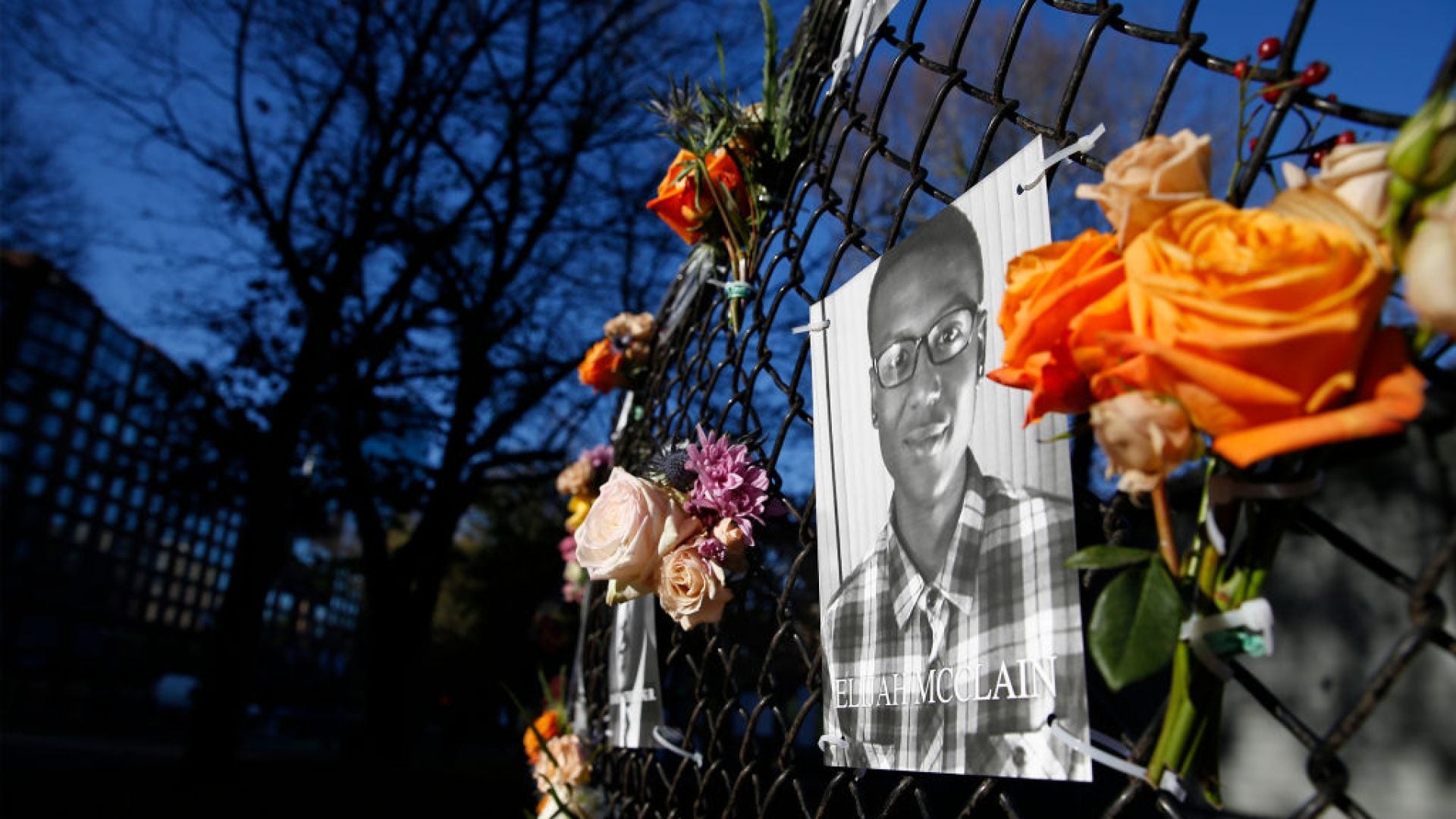
The trial for two Colorado police officers accused in Elijah McClain’s 2019 death began last week. The 23-year-old Black man died just days after the police engaged him in a physical confrontation.
Initially, prosecutors refrained from charging any of the first responders. They cited “what he said was a lack of evidence against them, infuriating his family and civil rights advocates,” reports CNN.
But the interest in McClain’s case revived after the U.S. experienced the great racial reckoning following George Floyd’s death. The officers received criminal charges two years after McClain had died. And after experiencing some delays, the trial is finally underway.
On Friday, Dr. Marc Brown, an expert in use of force training, testified about what he stated were multiple and repeated violations of policy. Dr. Brown reviewed the body camera footage from the incident. According to NBC, he told the “jurors over and over again that the actions of suspended Aurora officer Randy Roedema, 41, and former officer Jason Rosenblatt, 34, were ‘inconsistent’ with the department’s policies and directives he reviewed.”
Prosecutor Jon Bungee asked the expert witness, “You think that failing to tell the paramedics that this man has been complaining over and over again he can’t breathe is consistent with the training?”
Brown’s response: “It’s inconsistent because it says respiratory arrest or distress, even a complaint of ‘I can’t breathe’ is supposed to be treated like a medical emergency.”
As they have been trying to do throughout the trial thus far, the defense claimed others who were at the scene bore responsibility.
The defense attorneys blamed “the supervising sergeants who didn’t correct or tell Rosenblatt and Roedema to do anything differently and other officers who didn’t intervene or act with urgency,” writes Colorado Public Radio. The paramedics and firefighters present are also being targeted by the defense team.
Roedema and Rosenblatt’s attorneys have asserted that the officers were reacting to McClain. They allege that McClain stated “I intend to take my power back,” at the beginning of the altercation.
However, Brown countered that this is not sufficient to classify as “‘violent’ resistance, which would justify a carotid hold or a ‘take down,’” as was the case with McClain.
“When they walked him over to the wall, he didn’t offer any violent resistance, didn’t make any threats,” stated Brown. “When he was contacted by the officers, he didn’t turn to square up, he didn’t drop his items, he didn’t swing the bag that he had that had three iced teas in it. He didn’t attempt to strike them with the cell phone or anything else. He just told them he wanted to go home and that he was walking home,” continued Brown.
Legal pundits expect the trial, which is currently underway in Colorado state court to last approximately a month.




